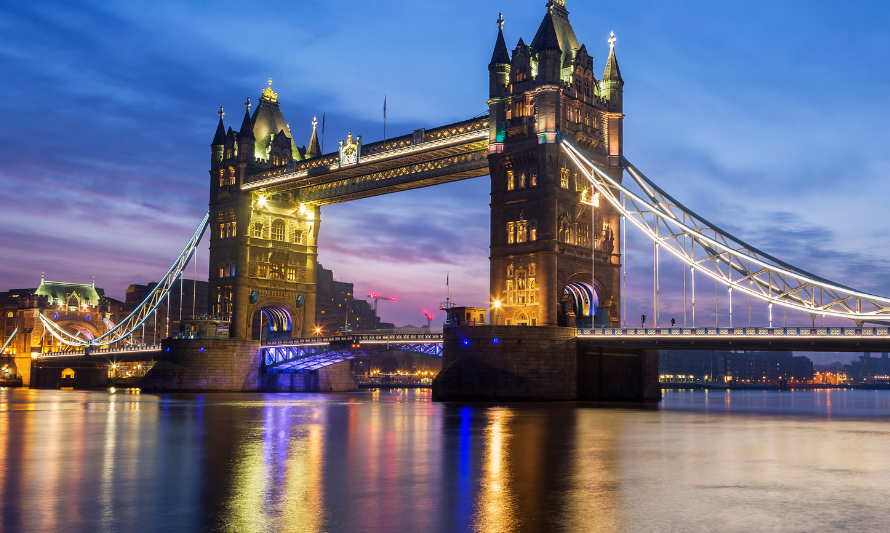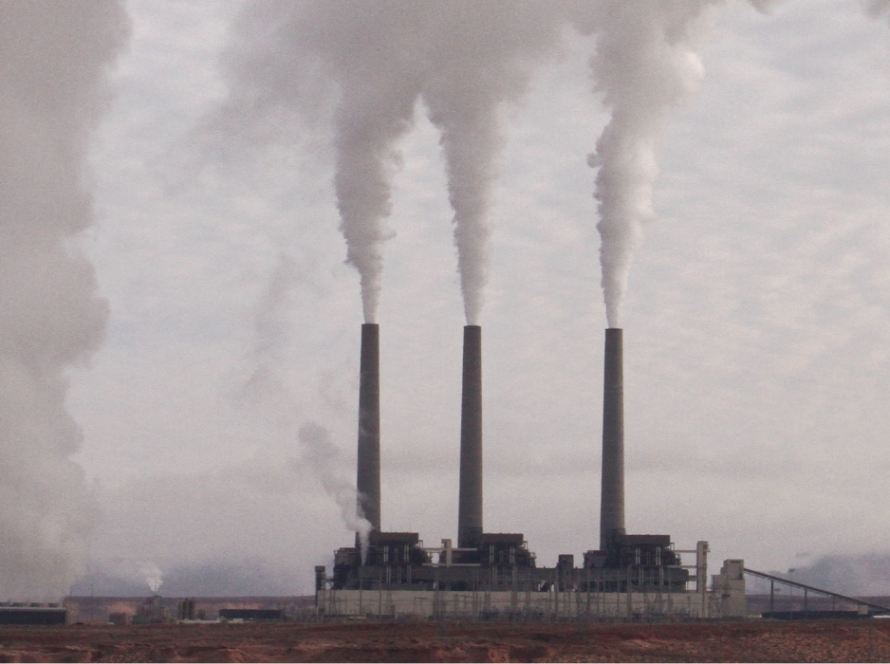The European Commission is preparing to propose a ban on the use of PFAS, commonly known as “forever chemicals,” in consumer products, while allowing exemptions for essential industrial applications, EU Environment Commissioner Jessika Roswall revealed in an interview with Reuters.
PFAS (Perfluoroalkyl and Polyfluoroalkyl Substances) are a group of synthetic chemicals that persist in the environment, raising alarms over their accumulation in ecosystems, drinking water, and human bodies. Valued for their resistance to extreme temperatures and corrosion, PFAS are found in thousands of products, ranging from non-stick cookware and cosmetics to wind turbines and aircraft components.
“We are aiming for a ban in consumer products,” Roswall stated. “This is critical for human health and the environment, but it also provides clarity for industries on how to phase out PFAS.”
Long-Awaited Action
Support for a broad ban on PFAS emerged nearly two years ago from Denmark, Germany, the Netherlands, Norway, and Sweden. However, Roswall acknowledged that the EU’s proposal is unlikely to materialize until next year at the earliest, as authorities evaluate “essential” exemptions.
Potential exemptions include asthma inhalers and semiconductors used in green technologies like electric vehicles, though these uses may still face strict controls, including disposal requirements. Data from Nordic chemicals agencies indicate that industrial applications, such as plastics and electronics manufacturing, account for the majority of PFAS usage.
The European Chemicals Agency (ECHA) has received thousands of comments on the scope of the proposed ban, including exemption requests from trade groups representing industries like automotive, renewable energy, and plastics. One prominent request concerns fluoropolymers, a type of PFAS used in products such as waterproof clothing and solar photovoltaic cells.
Health Concerns and Litigation Risks
Mounting research has linked PFAS exposure to severe health risks, including liver damage, lower birth weights, and testicular cancer, leading to escalating legal challenges for manufacturers. In the U.S., companies like 3M and Chemours have faced over $11 billion in settlements related to PFAS contamination of water supplies.
Europe may soon face similar legal battles. “Companies in Europe could experience a wave of litigation over pollution or downplaying the environmental and health harms of PFAS,” said Hélène Duguy, a lawyer at environmental law group ClientEarth. She warned that ClientEarth is actively monitoring corporate conduct on PFAS and is prepared to take legal action where necessary.
The EU’s forthcoming ban on PFAS could have far-reaching implications for consumer safety, industrial practices, and the environment as policymakers grapple with balancing public health concerns and industry needs.
| Find out more here. |



